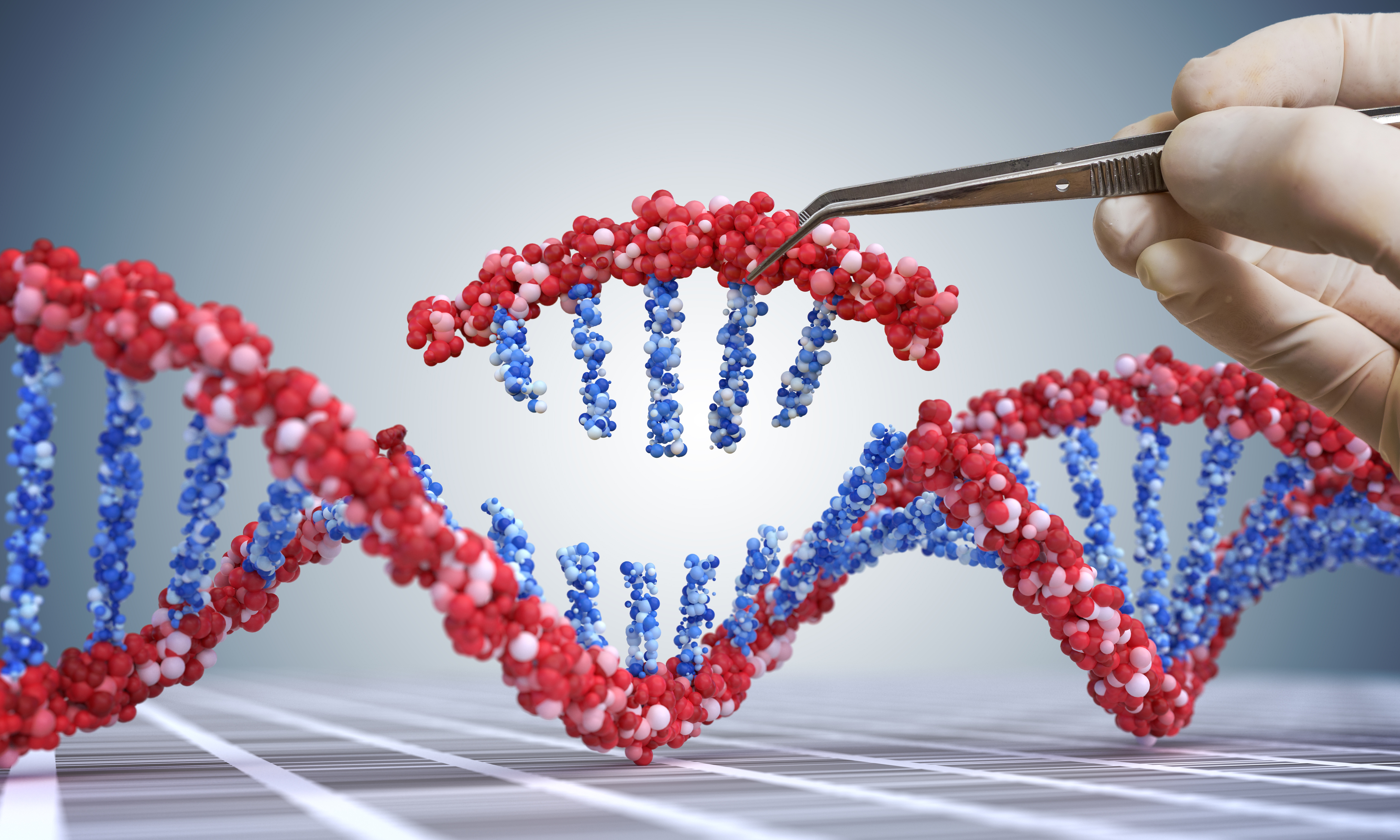Crispr’s Next Frontier: Treating Common Conditions
By Amy Dockser Marcus,
The Wall Street Journal
| 05. 07. 2021
At the age of 38, Katherine Wilemon suffered a heart attack as she carried a ceramic pot into her backyard garden in Los Angeles. Now 53, the mother of two eats right, exercises and takes cholesterol-lowering medication—but it may still not be enough.
“I live with the anxiety of having another heart attack,” says Ms. Wilemon, whose genetic disorder causes high cholesterol levels and a risk for heart attack or stroke that is up to 20 times that of people without it.
In the next decade, Crispr-Cas9 and other new gene-editing techniques may protect the health not only of Ms. Wilemon and others with familial hypercholesterolemia but millions of people with a range of conditions, including chronic pain and diabetes. Rather than take drugs for years or even decades, for example, at-risk people might be able to protect themselves with a one-and-done Crispr therapy.
It has been a year of profound change that is still transforming all aspects of society. Science has brought revolutionary technologies from the lab into people’s daily lives. Covid-19 vaccines and Crispr gene editors both built...
Related Articles
By Diaa Hadid and Shweta Desai, NPR | 01.29.2026
MUMBRA, India — The afternoon sun shines on the woman in a commuter-town café, highlighting her almond-shaped eyes and pale skin, a look often sought after by couples who need an egg to have a baby.
"I have good eggs,"...
By George Janes, BioNews | 01.12.2026
A heart attack patient has become the first person to be treated in a clinical trial of an experimental gene therapy, which aims to strengthen blood vessels after coronary bypass surgery.
Coronary artery bypass surgery is performed to treat...
By Staff, ScienceDaily | 01.05.2026
Scientists at UNSW Sydney have developed a new form of CRISPR technology that could make gene therapy safer while also resolving a decades-long debate about how genes are switched off. The research shows that small chemical markers attached to DNA
...
Following a long-standing CGS tradition, we present a selection of our favorite Biopolitical Times posts of the past year.
In 2025, we published up to four posts every month, written by 12 authors (staff, consultants and allies), some in collaboration and one simply credited to CGS.
These titles are presented in chronological order, except for three In Memoriam notices, which follow. Many more posts that are worth your time can be found in the archive. Scroll down and “VIEW...




